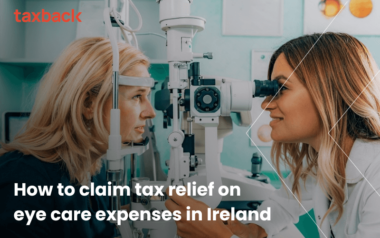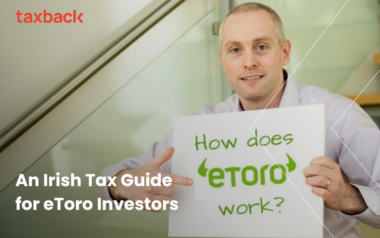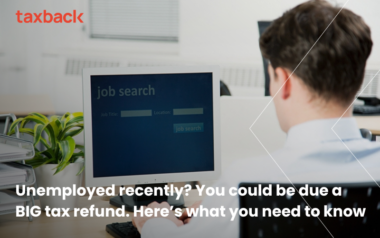What is the Earned Income Tax Credit all about?
To help level the playing field between the taxation of the self-employed and that of PAYE workers in Ireland, the credit is separate to the Employee Tax Credit in that it can also be claimed by people who are self-employed.
The Irish Government had previously said its intention was to bring this credit up to the same level enjoyed by PAYE workers at €2,000 in 2025.
We take the hassle out of filing your Irish tax return
Income that qualifies for the credit includes:
Trading income (Case I and II) and Pay earned by proprietary directors.
The credit isn’t available against your passive or investment income, such as:
rental income or deposit interest income.
The credit available is the lower of:
€2,000 or 20% of your qualifying earned income.
So, if you run your own business or trade, you should be able to claim the credit at the end of the year on your Form 11 tax return.
Earned Income Tax Credit Rates
| 2025 | 2024 | 2023 | 2022 | 2021 |
|---|---|---|---|---|
| €2,000 | €1,875 | €1,775 | €1,700 | €1,650 |
The amount of credit you can get also depends on your earned income.
As a self-employed person, you must pay income tax under the self-assessment system and you should always keep proper records of:
- Purchases and sales of goods and services
- Amounts received and all amounts paid out
- Supporting records (for example, invoices, bank and building society statements, cheque stubs and receipts)
You don’t have to send them into Revenue, but you’ll need them in case of an audit. You should keep your records for a minumum of 6 years.
Need help?
If you need help with your tax return or want to know if you’re entitled to the Earned Income Tax Credit, simply apply here.
Wondering what can I claim back on tax, you can avail of more tax reliefs, and we can help you!
In conclusion, the Earned Income Tax Credit serves as a vital component of Ireland’s taxation system, aimed at leveling the playing field for self-employed individuals. While Budget 2025 brought about a modest increase in this credit, discussions surrounding tax equality persist. As self-employed workers navigate the complexities of taxation, understanding and utilizing available credits like the Earned Income Tax Credit remain essential. By staying informed and engaging with the tax system, individuals can optimize their financial situation and contribute to ongoing conversations about tax fairness in Ireland.
We take the hassle out of filing your Irish tax return
Last Updated on November 20, 2025







